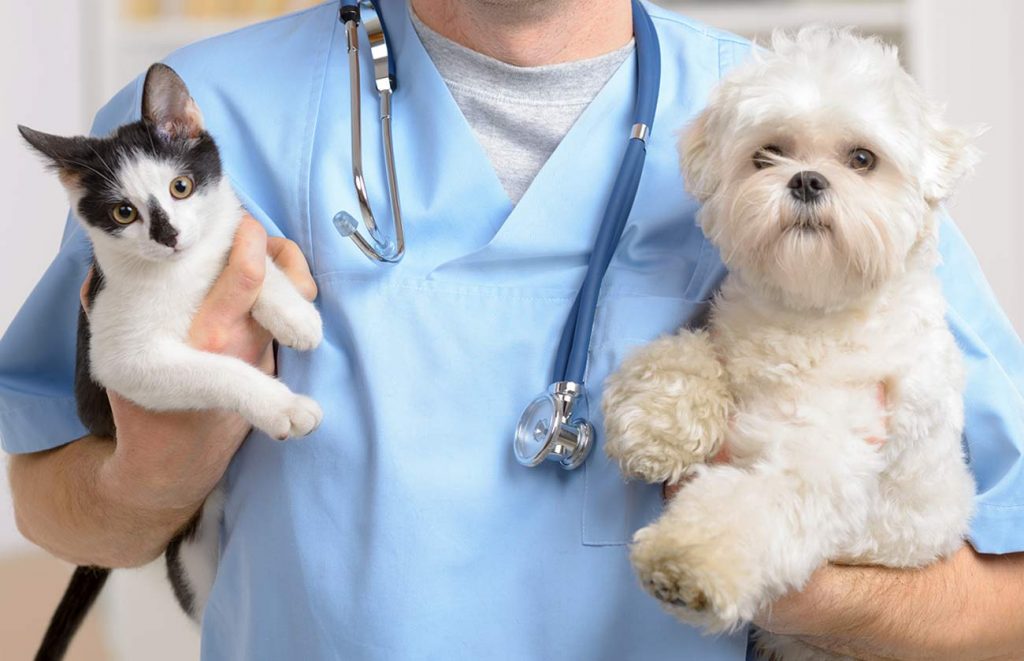The average veterinarian invests over $150,000 in their education and spends many years studying and training. After their education is complete, they invest even more funds in their clinic. They also have expenses. Their bills include rent, maintenance, salaries, utilities, insurance, medication, subscriptions and more.
While veterinarians love treating animals, the work can be demanding. Treating sick animals and dealing with distressed customers can take an emotional toll on veterinarians. Certainly, the job requires empathy. Unfortunately, some customers can take advantage of that empathy.
Animal treatment can be expensive. Pet owners who haven’t prepared for their animal’s sickness may struggle to pay their bills. Others have the means to pay, but simply refuse to do so. Dealing with such customers can be stressful.
As a veterinarian, you have a right to be paid. Your tireless efforts deserve compensation, and your business is entitled to succeed. Your kindness shouldn’t be exploited by anyone. Fortunately, there are some steps you can take to minimize outstanding A/R.

#1 Check Your Customer’s Credit History First:
Do a background check before offering a customer credit or a wellness plan. A potential customer with outstanding debt may struggle to pay you. Also, keep their credit card information on file and ask for a deposit to minimize your risk.
Try to gather other information such as their driver’s license, place of employment, address, phone number, and email address. This will help in your revenue collection efforts should the account become delinquent.
#2 Educate Your Customers About Pet Insurance:
Hand out pamphlets that educate your customers about the long-term costs of pet ownership. Many pet owners don’t budget for costs other than food and vaccinations. By investing in pet insurance, your customer will be prepared if their pet falls ill or is injured in an accident. Encouraging pet insurance is beneficial for you, your client, and the animal.
#3 Encourage Your Clients to Start a Pet Health Savings Account (HSA)
Many financial institutions offer special savings accounts for pet owners that can help them save for unexpected medical issues. Some of these accounts also offer benefits to incentivize pet owners into saving money. A health savings account is a good option for pet owners who are wary of investing in pet insurance.

#4 Partner with a Collection Agency
Despite your best efforts, you will run into delinquent accounts. And you can’t afford to write off every debt, especially if the sum is sizable. Here, you may partner with a consumer collection agency to recover your revenue.
It’s important to partner with the right agency. Some debt collectors have been known to use questionable tactics to recover payments from customers. As a business that thrives because of its reputation, it’s important for your veterinary clinic to associate with an ethical organization.
Click here to learn about an experienced ethical consumer collection agency that will treat your customers with friendliness, dignity, and respect. Their veterinary debt collection services are effective, with a recovery rate that’s twice the national average. What’s more, they’ll keep you in the loop through their advanced client portal.
These are some of the steps you can take to deal with customers who are reluctant to pay their dues. With a little diligence, you can improve your accounts receivable turnover ratio and have more resources to do what you do best – take care of animals.









